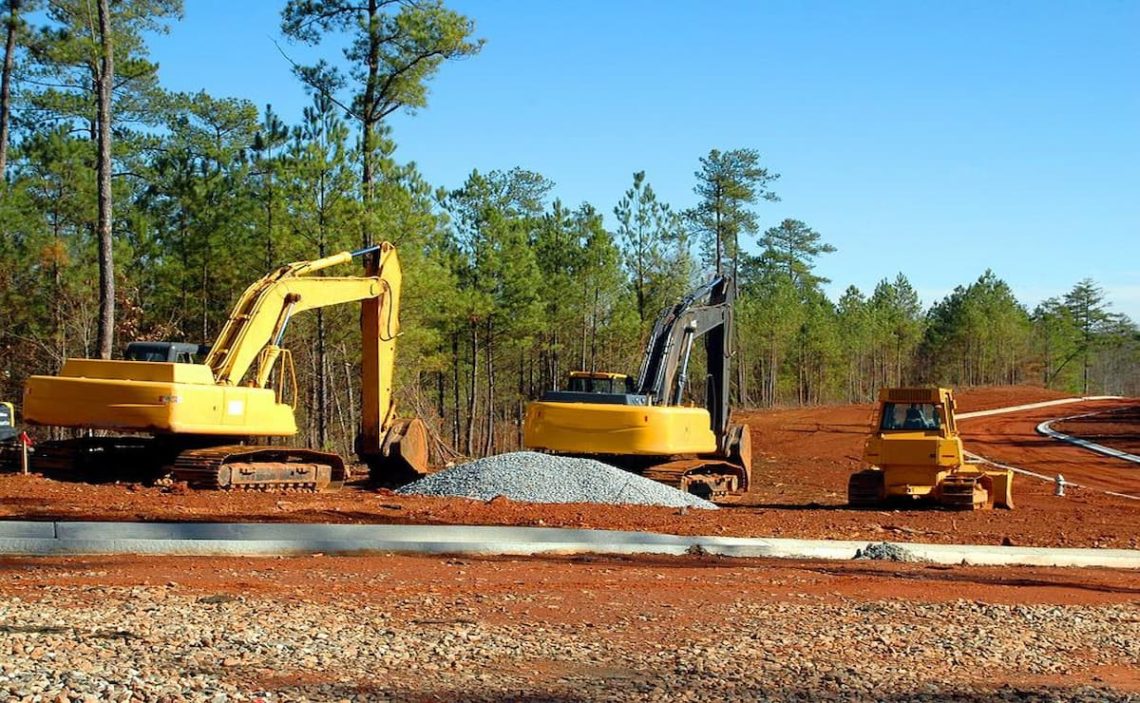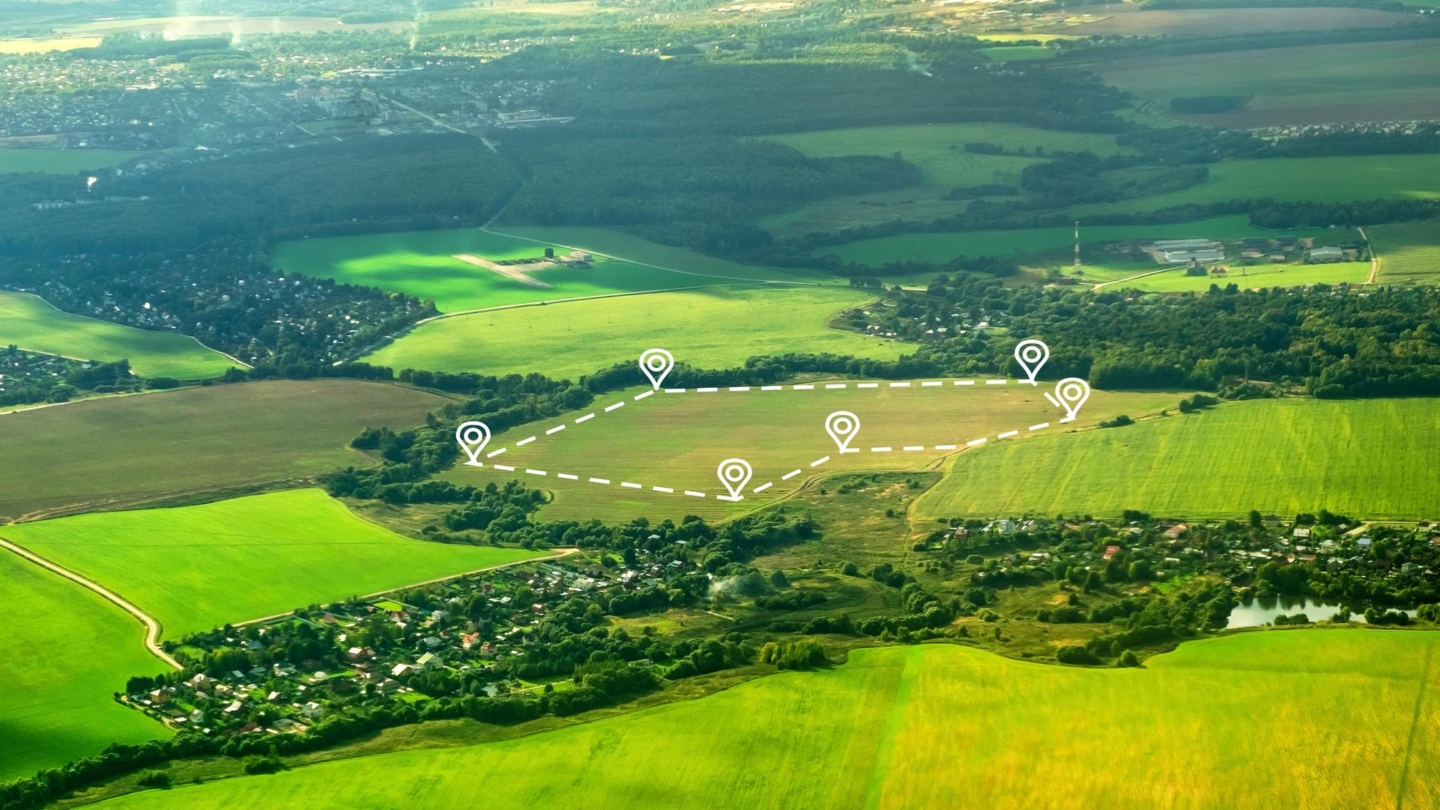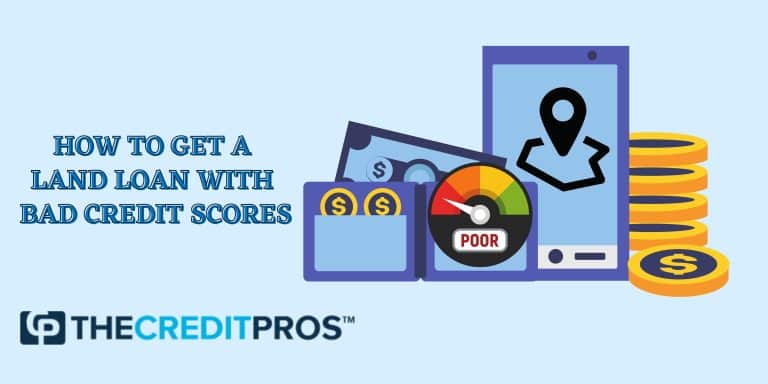How To Buy Land With Bad Credit

Imagine waking up to the sound of birds chirping, the sun gently warming your face, and the sprawling view of your own land stretching out before you. A place where you can build your dream home, start a farm, or simply escape the hustle and bustle of city life. For many, this dream seems unattainable, especially if they're grappling with less-than-perfect credit.
But don't let a low credit score extinguish that spark of hope. Purchasing land with bad credit is challenging, but certainly not impossible. This article will explore strategies and resources that can help you navigate the complexities of land acquisition, even with a less-than-ideal credit history.
The dream of owning land is deeply ingrained in the American psyche. It represents independence, security, and the opportunity to build something lasting. For generations, land ownership has been a pathway to wealth and stability.
Unfortunately, the traditional route to land ownership often involves securing a loan, which can be a significant hurdle for individuals with bad credit. Bad credit typically results from a history of missed payments, high debt levels, or even bankruptcy.
These factors make lenders wary, as they perceive a higher risk of default. According to data from Experian, a leading credit reporting agency, individuals with credit scores below 600 often face significantly higher interest rates or may be denied loans altogether.
Understanding Your Credit Score
Before embarking on your land-buying journey, it’s crucial to understand your current credit situation. Obtain a copy of your credit report from all three major credit bureaus: Experian, Equifax, and TransUnion.
Carefully review each report for any errors or inaccuracies. Disputing and correcting these errors can potentially improve your credit score and make you a more attractive borrower.
Also, understanding the factors that influence your credit score is crucial. Payment history, amounts owed, length of credit history, credit mix, and new credit all play a role in calculating your overall score.
Exploring Alternative Financing Options
Traditional bank loans are often the first port of call for prospective land buyers. However, with bad credit, alternative financing options become essential.
Seller Financing
Seller financing, also known as owner financing, is a powerful tool. In this arrangement, the seller acts as the lender, providing you with the financing to purchase the land directly.
This can be particularly advantageous if the seller is more interested in a steady income stream than a large upfront payment. Negotiating favorable terms, such as a lower down payment or a longer repayment period, is key.
Land Contracts
A land contract is another alternative where the seller retains the title to the property until you've made all the payments. Think of it as a rent-to-own agreement for land.
While you have possession of the land during the contract period, you don't officially own it until the full purchase price is paid. It’s imperative to understand the terms and conditions of the contract before signing, and to consult with a real estate attorney.
Hard Money Lenders
Hard money lenders are private individuals or companies that provide short-term loans secured by real estate. They often have less stringent credit requirements than traditional lenders, focusing more on the value of the land itself.
However, be prepared for higher interest rates and fees, as hard money lenders are taking on more risk. This option is best suited for individuals who plan to quickly improve the land and refinance with a more traditional loan.
Peer-to-Peer Lending
The rise of peer-to-peer (P2P) lending platforms has opened up new avenues for borrowers with less-than-perfect credit. These platforms connect borrowers directly with individual investors who are willing to lend money.
While interest rates may still be higher than traditional loans, P2P lending can offer more flexibility and a potentially faster approval process. Research reputable P2P lending platforms and compare their terms carefully.
Improving Your Chances of Approval
Even with alternative financing, there are steps you can take to increase your chances of approval. A larger down payment demonstrates your commitment and reduces the lender's risk.
Consider saving up a substantial down payment, even if it means delaying your purchase. Furthermore, a detailed business plan outlining your intended use for the land can significantly strengthen your application.
If you plan to build a home or start a farm, provide concrete plans and financial projections. Having a co-signer with good credit can also improve your chances of approval.
Government Programs and Grants
Explore whether you qualify for any government programs or grants designed to assist individuals in purchasing land. The U.S. Department of Agriculture (USDA) offers various programs to support rural development and land ownership.
The Farm Service Agency (FSA), a division of the USDA, provides loans and grants to farmers and ranchers, including those with limited resources or beginning farmers. Eligibility requirements vary, so research thoroughly and contact your local FSA office.
Additionally, some states and local governments offer programs to encourage land ownership, particularly for specific purposes like conservation or agriculture. Check with your state's department of agriculture or housing agency for available resources.
The Importance of Due Diligence
Before committing to any land purchase, it's crucial to conduct thorough due diligence. This includes a title search to ensure clear ownership, a survey to accurately determine the property boundaries, and environmental assessments to identify any potential hazards.
Consult with a real estate attorney to review all legal documents and contracts. A qualified attorney can protect your interests and ensure that you understand the implications of the transaction.
Engage with local authorities to check zoning regulations, building codes, and any restrictions on land use. It’s important to verify that your intended use for the land is permitted and compliant with local laws.
Building a Better Financial Future
While purchasing land with bad credit is a significant achievement, it's equally important to focus on improving your overall financial health. Create a budget, track your expenses, and prioritize paying down debt.
Consider working with a credit counseling agency to develop a debt management plan. Consistent on-time payments will gradually improve your credit score and open up more financing options in the future.
Remember, land ownership is a long-term investment. By managing your finances responsibly and consistently working to improve your credit, you'll be well-positioned to build a prosperous future on your land.
The path to land ownership with bad credit might be a winding one, demanding resilience, creativity, and a healthy dose of perseverance. But the reward – the freedom, the security, and the opportunity to create something truly your own – is well worth the effort.
Embrace the challenge, learn from your experiences, and never lose sight of your dream. Your piece of paradise awaits.



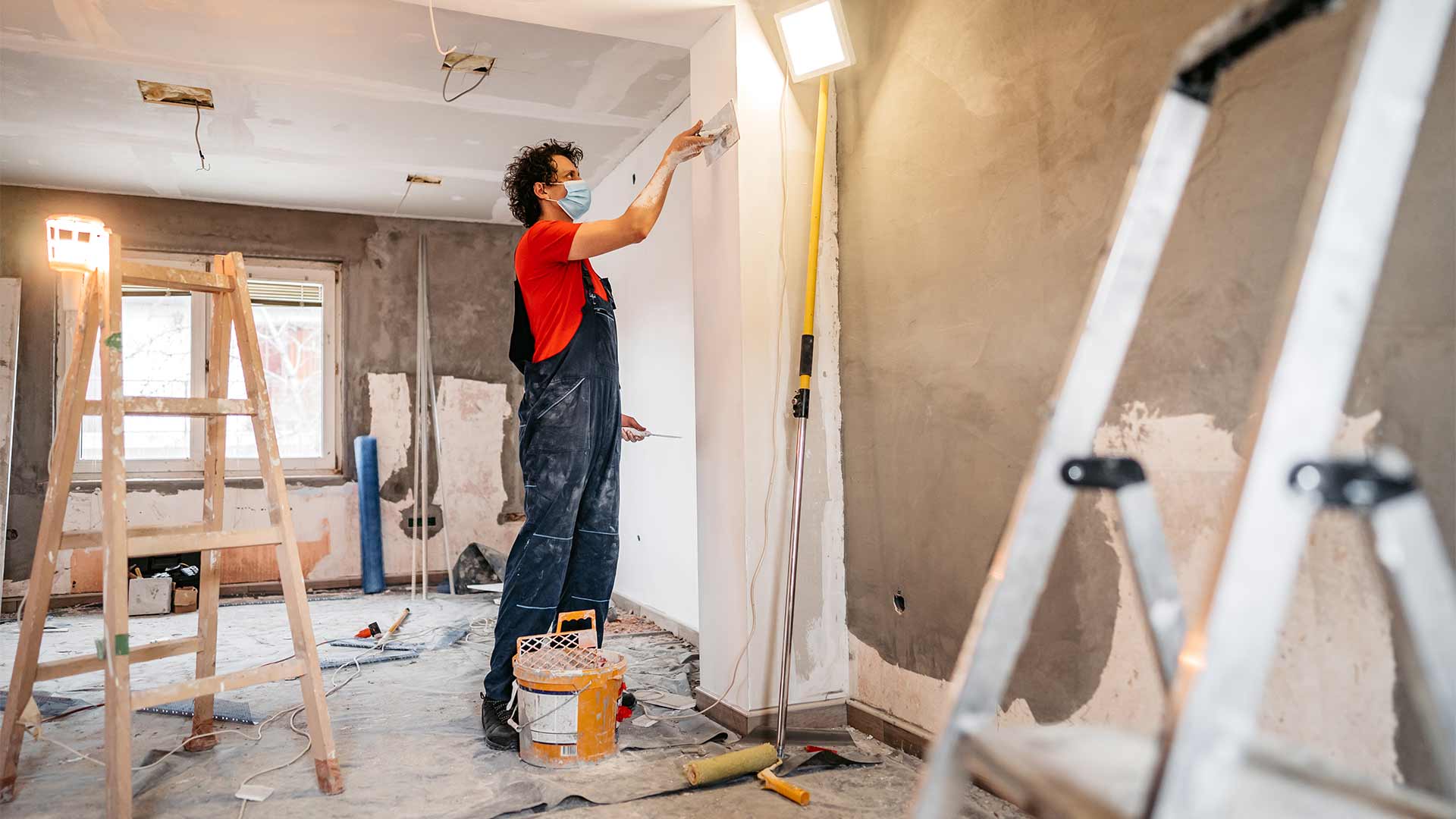
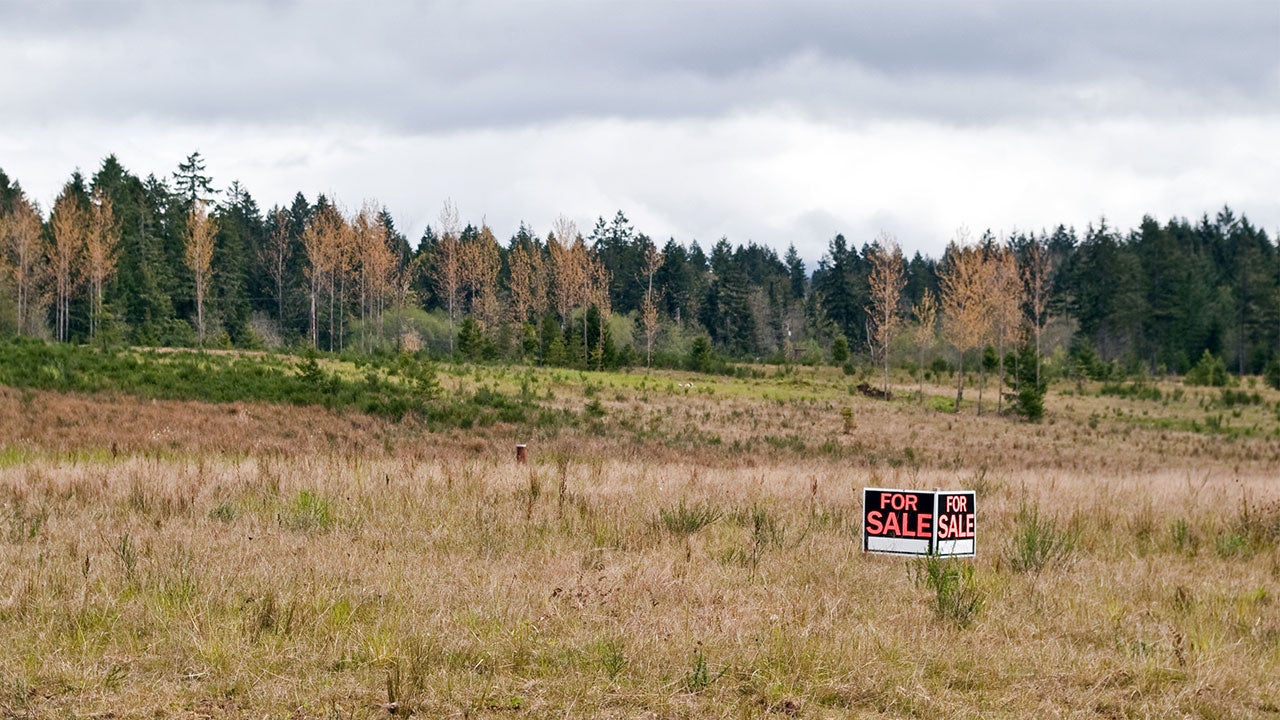




/cloudfront-us-east-1.images.arcpublishing.com/dmn/VQTVMZKYXBBLVECIAWNZC46WME.jpg)


